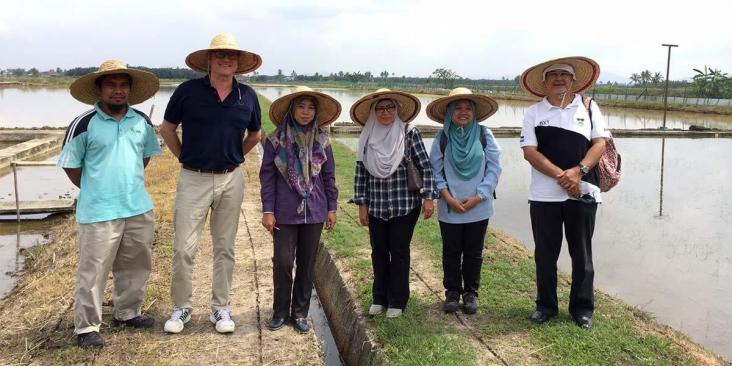
The Brazilian Amazon is being affected by the new worldwide geopolitical transformation that is tending towards an integrated global economy.
The study presents comparative global evidence on the transformation of economic growth to poverty reduction in developing countries, with emphasis on the role of income inequality.

This article highlights the winning proposals of the second edition of the Elsevier Foundation Green & Sustainable Chemistry Challenge. The winning proposals were chosen for their innovative green chemistry aspects and their large positive impact on the environment, contributing to SDGs 3, 8, 13 and 15.

This article highlights one of the winning proposals of the Elsevier Foundation Green & Sustainable Chemistry Challenge - “Biopesticides for improved paddy yield” - led by researcher Dr. Suzana Yusup. Her work shows how bio-pesticides can be safer and more effective than traditional pesticides, contributing to SDGs 8, 12, 13 and 15.
Sustainability theory shows that the sustainability problem is a value orientation problem.
Sustainable manufacturing extends beyond the manufacturing process and the product, to include the supply chain, across multiple product life-cycles as well as end-of-life considerations.
The transition from the Millennium Development Goals (MDGs) to Sustainable Development Goals (SDGs) has shifted the policy debate from growth to ‘quality of growth’ (QG).
Background: The Global Burden of Disease, Injuries, and Risk Factor study 2013 (GBD 2013) is the first of a series of annual updates of the GBD.
This paper attempts to investigate the impact of economic growth and CO2 emissions on energy consumption for a global panel of 58 countries using dynamic panel data model estimated by means of the
